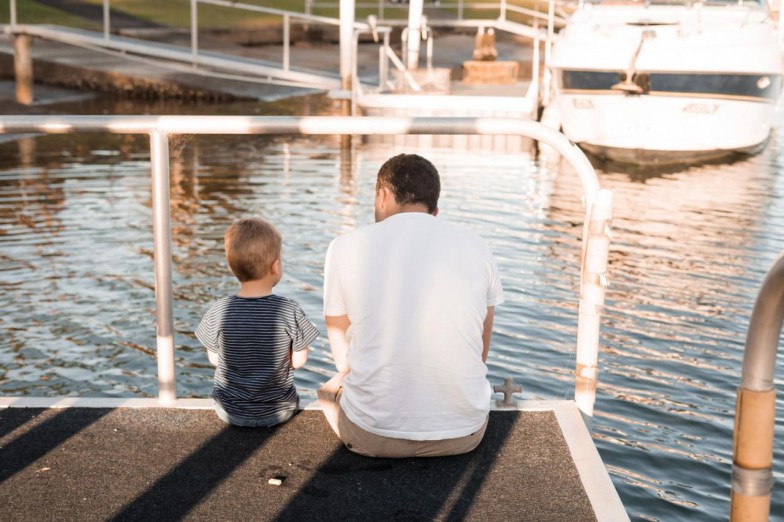
How To Address Tough Topics for Kids
There are some things that are extremely tough topics for kids to talk about, but they’re important to discuss.
Addressing tough topics for kids can be challenging but it’s necessary.
They become more curious as they grow, and it's vital to help them understand any tough topic for kids they may have questions about.
They're never too young to understand
On the flip side, we also hear "they won't understand; she/he is too young." What do you do when they have questions about topics that are more complex in nature? With access to information at their fingertips, and with so much going on in the world, you must prepare yourself, and them, to have conversations around uncomfortable topics. They should learn to understand from you than one of their peers.

Sit down with your children, and discuss current events, ask them probing questions about the topic that you're discussing, give them some context and perspective. Do some research with them, so they can ask questions, do some critical thinking, and feel safer about discussing the topic. It's natural for you as a parent to get that deer-in-headlights look and feel around uncomfortable topics like sex, porn, drugs, violence, and racism. There is so much explaining to do, and finding the right words might be difficult.

Each age group will require a different approach to explaining a topic. Be patient and share only the right amount of information for their young mind. As they get older, you can revisit specific issues and provide a more in-depth, frank explanation.
Find out what they know
Whatever the age group is, make sure you validate their feelings and determine what they know about the topic. As they get older, you can ask them open-ended probing questions to get their view on the matter. Find out who their news source is and research to find the facts in case their information is skewed. Talk to them about what's right and wrong, share your values with them, if there could be a positive solution, share that with them. Ask them if they could share a solution if they had the power to make a change.

Keep in mind that your child has a personality and maturity, so make sure you explain things at a pace that your child can absorb. The more you practice communication, the easier it will become to navigate issues that may seem difficult to tackle. Your child will feel reassured and confident that they can come to you and talk about any topic as they get older because they'll be used to the open dialogue that you've instilled in them as young children.

Giving your children simple but honest responses will cultivate the feeling of trust and encouragement to ask questions, even about the tough topics for kids that scare them. These moments are opportunities for them to sharpen their critical thinking skills, so they can apply them later on in life.






